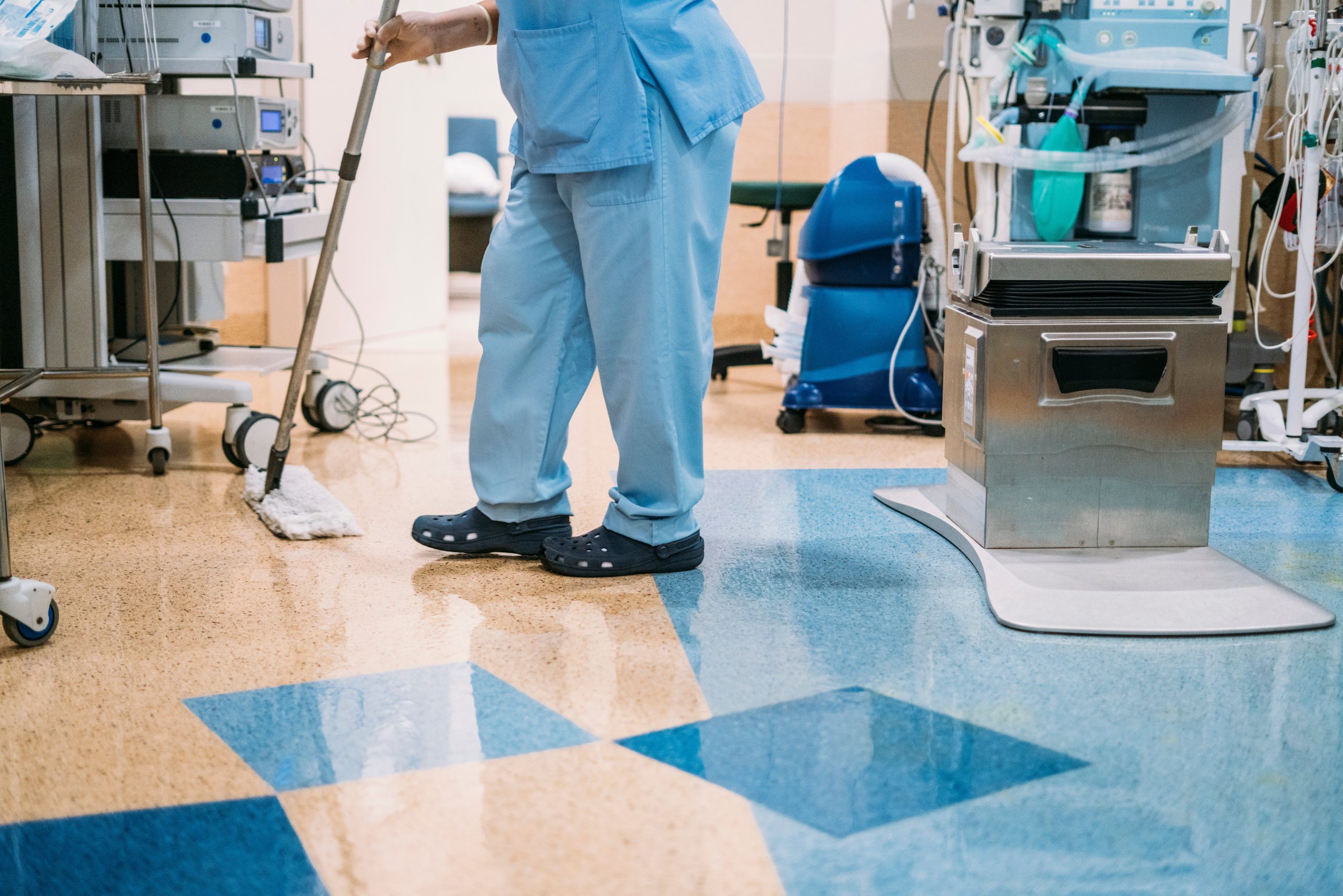
Advisors to the U.S. Centers for Disease Control and Prevention are expected to approve new draft guidelines for hospital infection control this week, the first update since 2007.
But healthcare workers worry whether the guidelines, which suggest that surgical masks are as good as N-95 masks at preventing the spread of respiratory infections during routine care, are protecting a hospital’s bottom line rather than worker health, CNN reported.
The Healthcare Infection Control Practices Advisory Committee plans to conclude a two-day meeting on the proposed updates on Friday.
The new guidelines aren’t mandatory, but they’re often used and agencies like the Occupational Safety and Health Administration tend to base worker safety standards on them.
“What they are working on … it’s going to impact patients and health care workers in so many different places. It’s going to determine whether some of them live or die, quite honestly,” Jane Thomason, lead industrial hygienist for National Nurses United, told CNN.
Thomason’s concerns include that the guidelines will reduce protections for healthcare workers, despite lessons learned during the pandemic.
More than 4,500 physicians died between early 2020 and December 2021, which was 600 more than would have been expected, according to a recent study from researchers at Stanford and the University of Southern California at Los Angeles.
“This is going backward,” Dr. David Michaels, an epidemiologist and professor at the George Washington University School of Public Health told CNN, noting the guidelines could have benefited from knowledge gained during the pandemic about transmission of respiratory infections.
The evidence the CDC committee is relying on, which finds that surgical masks work as well as N95 masks, is particularly troubling to experts, some say.
“I think what’s happened here is the members of this committee came to us with prejudgment on how infection control should be applied,” said Michaels, who was part of a group of experts that addressed the committee with its concerns in October.
“This committee has no members who have expertise in worker protection, or in aerosol science,” noted Michaels, who is also the former head of the Occupational Safety and Health Administration. “And so their view of infection control is a hospital-based view and hasn’t changed in decades.”
Among the committee members are three people who published an editorial in June arguing against universal masking in health care settings to protect against the spread of COVID, CNN reported.
“We have achieved major advancements in the prevention and management of SARS-CoV-2 since the pathogen was initially identified in 2019,” the editorial in the Annals of Internal Medicine said. “In recognition of these achievements, the time has come to de-implement policies that are not appropriate for an endemic pathogen when the expected benefits of such policies are low. Universal masking in health care is a policy whose time has come and gone … for now.”
Thomason and National Nurses United have since filed an open records request for meeting summaries of the committee’s work, CNN reported.
“You can see from the very first meeting, there’s this orientation towards flexibility and feasibility, this orientation towards like, what is it going to cost employers really over and above protecting health care workers and patients. They are really focused on kind of those business concerns,” Thomason said.
Updated draft guidelines say personal protective equipment are a “critical component in healthcare settings,” but the committee found “no difference” in lab-confirmed seasonal viral respiratory infections in workers who used surgical masks instead of N95s.
The committee’s vote will be forwarded to the CDC for approval, though the agency could ask for more review. The guidance may again be revised after a 60-day comment period.
Final guidelines aren’t expected until 2024, CNN reported.
More information
The Department of Health and Human Services has more on the impact of COVID-19 on the healthcare workforce.
SOURCE: CNN
Source: HealthDay

Leave a Reply